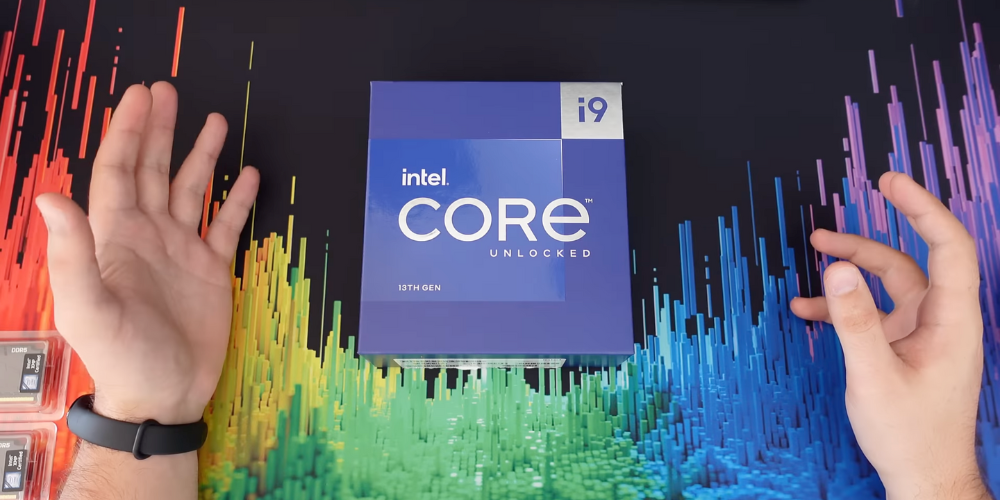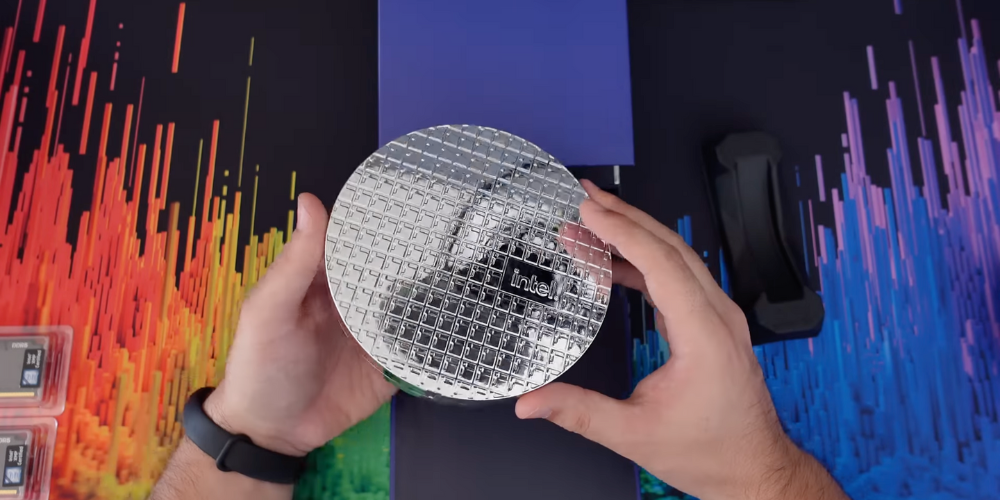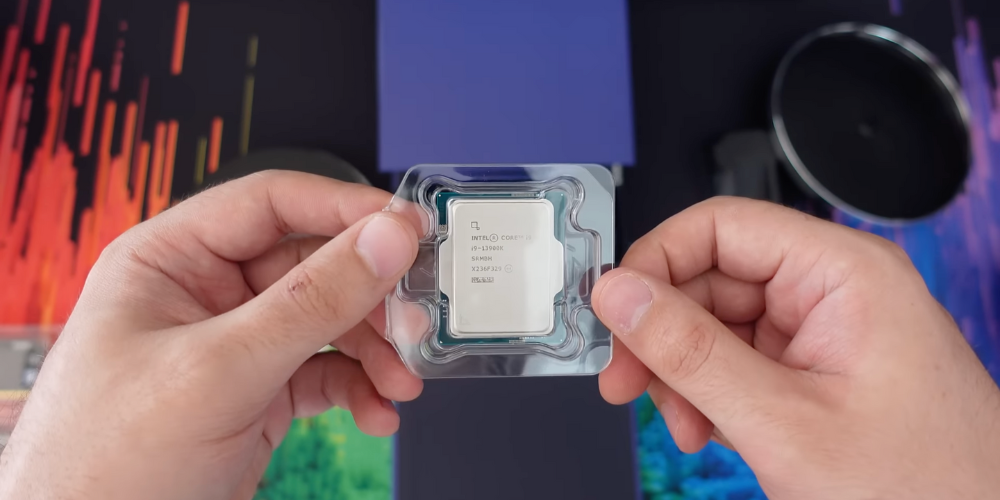Exploring Intel's 13th-Gen Powerhouses: A Deep Dive into the Core i9 13900K and Core i5 13600K Performance
- May 21, 2024
- 192

In computer hardware, the release of new processors is met with much fanfare and anticipation. As AMD has placed its Ryzen 7000 chips on the forefront, the stage was set for Intel to unveil its response. The debut of Intel's 13th-generation processors, particularly the Core i9 13900K and Core i5 13600K, signifies a pivotal development in the enduring competition between these major technology companies. Intel's latest offerings promise substantial upgrades over their 12th-gen predecessors, boasting improvements in clock speeds, efficiency cores, L3 cache, and power targets. This article delves into our comprehensive review of these processors to see if they truly stand up to and possibly surpass the competition presented by AMD's latest chips.
Unveiling Intel's Counterattack
Intel has introduced its 13th-generation processors at a pivotal moment, coinciding with the established presence of AMD's Ryzen 7000 series. These new Intel chips, which support both Z690 and the latest Z790 motherboards, are anticipated to deliver a substantial performance upgrade that might revolutionize the experiences of gamers and content creators alike. Highlighted by features such as clock speeds soaring to 5.8GHz, extra efficiency cores, expanded L3 cache, and increased power targets, these processors are set to meet lofty expectations.
Testing the Titans

For our review, we put the $589 Core i9 13900K and $319 Core i5 13600K through gaming and content creation benchmarks. Our objective was to determine how these 13th-gen processors compare to their 12th-gen predecessors and to AMD's Ryzen 7000 and popular Ryzen 5000 series, including the Ryzen 7 5800X3D. To ensure a comprehensive analysis, we tested these processors with two RAM configurations: budget-friendly DDR5-5200 and DDR5-6000, which were considered the sweet spot for balancing price and performance.
Technical Specifications and Pricing Insights
A closer look at the specifications provided by Intel for these 13th-gen processors reveals some interesting details. Despite warnings of potential price hikes, only the Core i5 models saw a price increase of $30, with the pricing of Core i7 and Core i9 parts remaining unchanged. Notably, the turbo frequencies have seen impressive increases across the board, underscoring Intel's commitment to pushing the envelope in processor performance, even while continuing to use the 'Intel 7' process node.
Hardware Setup and Benchmarks

Before diving into the benchmark results, we outline our testing hardware, which includes the Gigabyte Z790 Aorus Master motherboard, high-specification G.Skill's Trident Z5 Neo DDR5-6000 CL30 RAM, and Asus' RTX 3090 ROG Strix OC for GPU performance. This setup is designed to provide a robust platform for our testing, ensuring we can accurately gauge the performance enhancements the new processors offer.
Performance Analysis: Content Creation
Our preliminary content creation tests reveal the Core i9 13900K's impressive capabilities, setting new records in our H.265 (HEVC) transcode test. Despite drawing additional power compared to its predecessor, the performance gains, particularly in non-AVX workloads, justify the increased power consumption for many users. Meanwhile, the Core i5 13600K showcases exceptional single-core and multi-core performance, rivaling even some of the top performers from previous generations at a competitive power consumption level.
Exploring Gaming Performance
The true test for many enthusiasts is gaming performance. Our extensive gaming benchmarks cover various titles, offering insights into how these new processors handle different gaming scenarios. The results of these evaluations reveal that Intel's 13th-generation processors are designed to elevate the gaming experience, focusing not only on sheer power but also on greater efficiency and performance enhancements. In conclusion, Intel’s Core i9 13900K and Core i5 13600K processors emerge as formidable contenders in the battle against AMD’s Ryzen 7000 series. Through meticulous testing and analysis, it’s apparent that these new offerings from Intel not only bridge the gap but, in some instances, surpass the competition. As the realm of computer hardware perpetually transforms, the breakthroughs exhibited by these processors highlight the unwavering quest for performance and efficiency within the spheres of gaming and content creation.
